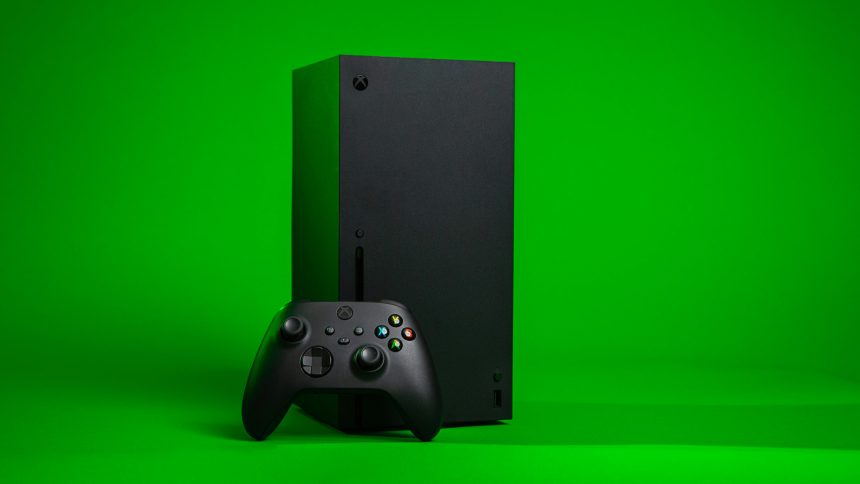Microsoft is one of the leading players in the global gaming industry, with its Xbox console and Game Pass subscription service. However, the company may have overlooked a huge potential market in Africa, where gaming is growing rapidly and where its competitors have a stronger presence.
According to a report by PwC, the video game industry in Africa is expected to reach $1.4 billion by 2025, up from $570 million in 2018. The growth is driven by factors such as increasing internet penetration, smartphone adoption, and local content creation.
The report also highlights that mobile gaming is the dominant segment in Africa, accounting for 57% of the total revenue in 2018.
Microsoft entered the African market early, launching the Xbox 360 in South Africa in 2006. They established local partnerships, localized content, and participated in gaming events.
However, compared to Sony’s PlayStation, the Xbox struggled to gain significant traction
While mobile gaming is popular across the continent, there is also a demand for console gaming, especially among young urban consumers who aspire to own the latest devices and games.
However, Microsoft faces several challenges in tapping into this market, such as:
Low availability
Microsoft has a limited distribution network in Africa, with only a few official retailers and resellers. The company does not have a dedicated website or online store for the region.
Moreover, Microsoft does not offer any localized services or support for African customers, such as regional servers, customer care, or warranty.
Weak brand awareness
Microsoft has not invested much in marketing or promoting its Xbox brand in Africa, unlike its rivals. Sony has been active in sponsoring events, partnering with local influencers, and launching campaigns such as #PlayHasNoLimits.

These factors have contributed to Microsoft’s low market share in Africa. While Microsoft has a loyal fan base in some countries, such as South Africa and Kenya, it is losing ground to its competitors in others, such as Nigeria and Ghana.
Microsoft may have missed out on an opportunity to capture a large and growing segment of gamers in Africa with its Xbox brand. However, it is not too late for the company to change its strategy and increase its presence and relevance in the region.
Some possible steps that Microsoft could take are:
Lowering the price
Microsoft could reduce the cost of its Xbox console and games by offering discounts, bundles, or trade-in programs. Currently, the cost of an Xbox Series console is $499.

It could also leverage its cloud gaming service, to allow users to stream games on their smartphones or tablets without needing a console.
Expanding the distribution
Microsoft could partner with more local retailers and e-commerce platforms to make its Xbox products more accessible and convenient for African customers.
It could also launch its own online store or website for the region, where users can order directly from the company.
Increasing the marketing
Microsoft could invest more in creating awareness and interest for its Xbox brand in Africa by launching campaigns, sponsoring events, collaborating with influencers, and engaging with communities.

It could also offer more localized content and services for African gamers, such as regional servers, customer care, or warranty.
Challenges
The Xbox One launched with a lower price tag, and the company has invested in local game development initiatives. The Xbox Game Pass subscription service offers a more affordable entry point and diverse library.
However, challenges remain:
- Limited internet infrastructure: Widespread internet access, particularly high-speed connections, is crucial for online gaming and subscription services like Game Pass. This infrastructure gap remains a significant hurdle in many African countries.
- Competition: Sony continues to hold a strong market share, and other platforms like mobile gaming are gaining popularity.
- Cultural relevance: While efforts are being made, ensuring a steady stream of games and content that resonates with African audiences remains essential.
By taking these steps, Microsoft could improve its position and performance in the African gaming market. The company has a strong portfolio of games and services that could appeal to a diverse and growing audience of gamers in Africa.
Catch up on news and other tidbits on our WhatsApp Community Page, Twitter/X, and subscribe to our weekly newsletter to ensure you don’t miss out on any news.










